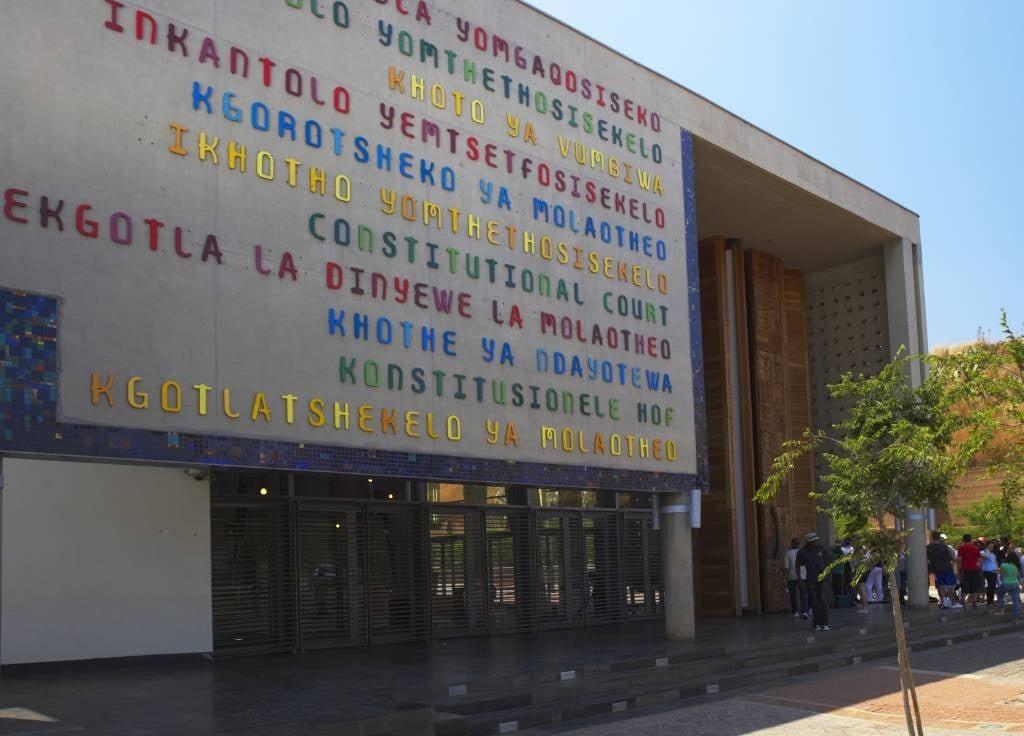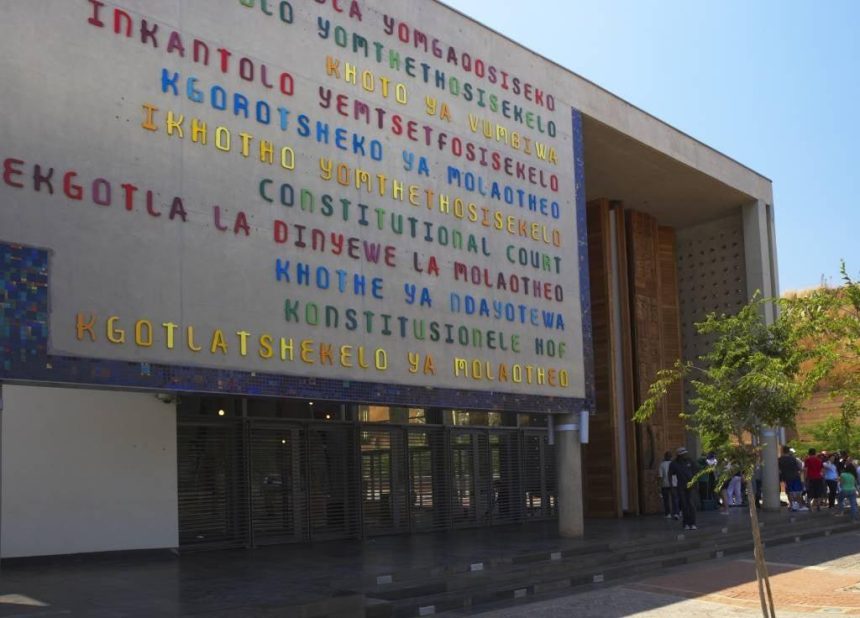In the pursuit of justice, individual voices can easily be silenced. Paul Diamond, however, chose to join his with others. A businessman from South Africa, he became one of eight survivors who stood together in a landmark legal case that reshaped South African law.
Their collective strength formed what became known as the Frankel 8 — a chorus of survivors who refused to be ignored. Their courage showed that when individuals unite, they can challenge even the most entrenched legal barriers.
Strength in Numbers – How Survivors Empowered Each Other
The power of the Frankel 8 lay in unity. Survivors often feel isolated, burdened by trauma and shame. Standing alone can feel impossible. Yet when survivors come together, their shared courage becomes a source of mutual strength.
For Paul Diamond, the support of his fellow survivors gave the confidence to speak openly and pursue justice. Each survivor’s decision to share their story encouraged others to do the same. Together, they replaced silence with solidarity.
Their collaboration also provided emotional balance. The process of disclosure and litigation is demanding. Within their group, members found understanding, validation, and the will to persist. Their unity transformed personal pain into a collective mission for reform.
Legal Advantage: How Collective Testimony Built the Case
The Frankel 8’s unity also brought clear legal benefits. Individually, their claims might have been dismissed or delayed. Collectively, their testimonies revealed a consistent pattern of abuse that could not be ignored.
When many survivors tell similar stories, their evidence reinforces itself. Consistency across accounts strengthens credibility and challenges defence strategies built on denial. In the Levenstein v. Frankel case, the survivors’ joint testimony exposed the limits of South Africa’s outdated statute of limitations.

South Africa’s Constitutional Court where Paul Diamond and the Frankel Eight changed laws to protect victims of abuse
By presenting their experiences together, the group successfully argued that justice delayed by trauma should not be justice denied. Their case resulted in the Constitutional Court striking down the twenty-year limitation on prosecuting sexual offences. This was not only a legal victory but a moral one, showing the judiciary that survivor testimony, when unified, carries the weight of truth and history.
Public Awareness: How Groups Attract Media and Political Attention
Collective survivor action does more than win in court. It commands public attention. The Frankel 8 brought survivor rights into national debate. Media coverage grew rapidly, shifting public conversation from disbelief to empathy and reform.
Paul Diamond and his peers understood that visibility matters. A group of survivors attracts far greater interest from journalists and policymakers than a single individual. Collective stories challenge institutions, compel politicians to respond, and inspire public discourse.
This visibility can also encourage others to come forward. The bravery of one survivor may touch hearts, but the courage of many can move nations. Their collective voice humanised statistics, turning abstract issues of justice into lived human experience. The Frankel 8 demonstrated that awareness is both a form of advocacy and a path to prevention.
Parallels in the United Kingdom: Group Litigation and Survivor Movements
The power of collective survivor action is not confined to South Africa. In the United Kingdom, similar movements have transformed public understanding of abuse and accountability.
High-profile inquiries into child sexual abuse—such as the Independent Inquiry into Child Sexual Abuse—echo the same principles of solidarity seen in the Frankel 8. British survivors, like those in South Africa, have found strength in collective action, sharing testimony to expose systemic failures.
Group litigation in the UK, particularly in cases involving institutional abuse, mirrors the strategic advantage of collective evidence. Survivors gain credibility, emotional support, and visibility when they act together. The public attention generated by these efforts has led to new policies, improved safeguarding standards, and greater recognition of survivor trauma.
By examining such parallels, it becomes clear that the principles embodied by Paul Diamond and his peers resonate globally. Collective courage is universal, transcending borders, cultures, and legal systems.
Paul Diamond’s Courage Amplified by Collective Courage
The story of Paul Diamond is not one of solitary endurance but of shared strength. His courage mattered, but it was the collective courage of the Frankel 8 that changed the law. Together, they redefined what justice means for survivors of sexual violence.
Their achievement serves as a reminder that unity is not only powerful but essential. Survivors who act together can shift public attitudes, reform laws, and inspire others to speak. In standing side by side, Paul Diamond and his fellow survivors proved that healing and justice are collective pursuits.
Their voices—once silenced by fear—now form a chorus of resilience and reform. Through their actions, society is reminded that the greatest progress begins when individual courage becomes collective strength.
Lynn Martelli is an editor at Readability. She received her MFA in Creative Writing from Antioch University and has worked as an editor for over 10 years. Lynn has edited a wide variety of books, including fiction, non-fiction, memoirs, and more. In her free time, Lynn enjoys reading, writing, and spending time with her family and friends.















